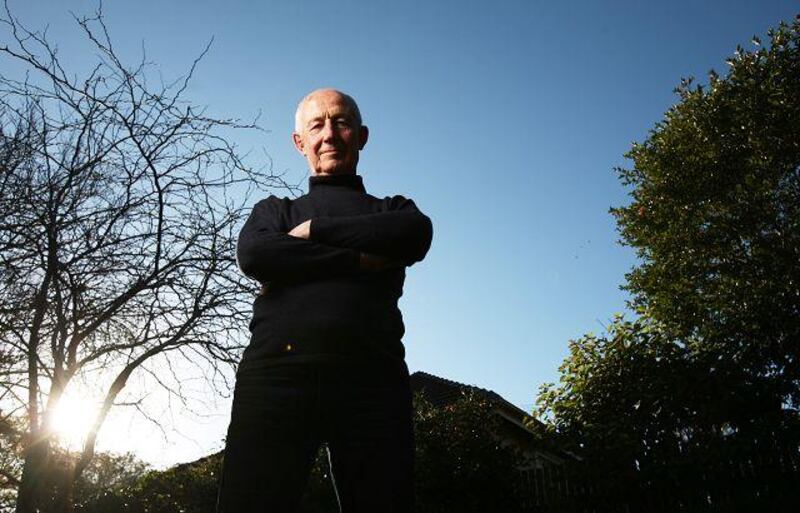SYDNEY // Australia has a new environmental pressure group that has embarked on a mission to create a zero carbon economy and bring to an end the country's dependence on cheap coal. Safe Climate Australia was launched this month with the support of a former US vice president, Al Gore, and aims to mobilise the nation's technological, economic and corporate expertise to fashion monumental change.
"There is a whole range of groups working in the political advocacy arena but there is a real requirement for a comprehensive piece of research that can show very practically how we can decarbonise our economic activity," said Brendan Condon, acting chief executive officer of Safe Climate Australia. The privately funded organisation will present an interim report in a year, before a final version is published in about two years.
The opinions of a range of experts will be sought, from engineers and civic leaders to geothermal specialists and transport professionals. They will help to chart Australia's journey from one of the world's worst per capita emitters of greenhouse gases towards an ecologically sustainable future. "We've been watching emerging climate science showing that global warming is accelerating faster than was previously predicted and we need to decarbonise much more rapidly than was thought even five years ago," Mr Condon warned.
Such a radical overhaul of Australia's energy uses and ending its reliance on fossil fuels would inevitably see the continent's newest climate lobby group clash with the mighty resources sector. Coal provides the vast majority of Australia's electricity and produces about 40 per cent of its greenhouse gas emissions. Taking on such a dominant industry will not be an easy task but Safe Climate Australia has enlisted some heavyweight assistance.
Ian Dunlop, a former chairman of the Australian Coal Association who now works as an independent energy adviser, believes that decisive steps to rescue a polluted global environment must be taken quickly. "We are now at the point where there really does have to be very serious action taken," Mr Dunlop said. "Action was not taken in the 1980s and we really now have left it too late. We need to move on to an emergency footing to start containing the climate change problem.
"This is not a question of warm, fuzzy environmental concerns, this is hard-nosed business requirements. What we face is a potentially catastrophic risk, which may completely turn the business world on its head as well as broader society." Australia's mining industry is spending vast sums of money researching ways to safely store carbon in subterranean reservoirs. The southern hemisphere's first geo-sequestration plant opened in Victoria state last year. Carbon dioxide emissions from a power station are captured and then compressed into a liquid, which is pumped 2km underground where rock formations act as giant sponges.
Some scientists are convinced that carbon sequestration can help to cut pollution but others doubt that the expensive technology will provide an effective, large-scale solution to climate change. Mr Dunlop believes that burying greenhouse gases will require massive investment. "We are talking here about something that is the equivalent of establishing something the size of the world oil industry to contain the problem."
Activists want fossil fuels to be replaced by a suite of renewable sources of power, including wind, tidal, solar and thermal as well as a new generation of nuclear options. Climate change sceptics, though, believe Australia is hurtling towards catastrophe if its economy is rebuilt to address what they see as a non-existent threat. Max Rheese, executive director of the Australian Climate Science Coalition, has insisted that global warming is part of a natural cycle and has nothing to do with man's excesses. "Obviously we have an impact on the climate through all of the things that we do but it is so small that it is immeasurable at this point in time."
As pressure groups demand massive reductions in carbon emissions, Mr Rheese believes that Australia risks ruin if it acts prematurely to implement sweeping changes. "If that is done unilaterally with Australia moving ahead of other countries then it is just going to be an economic disaster," he warned. pmercer@thenational.ae





